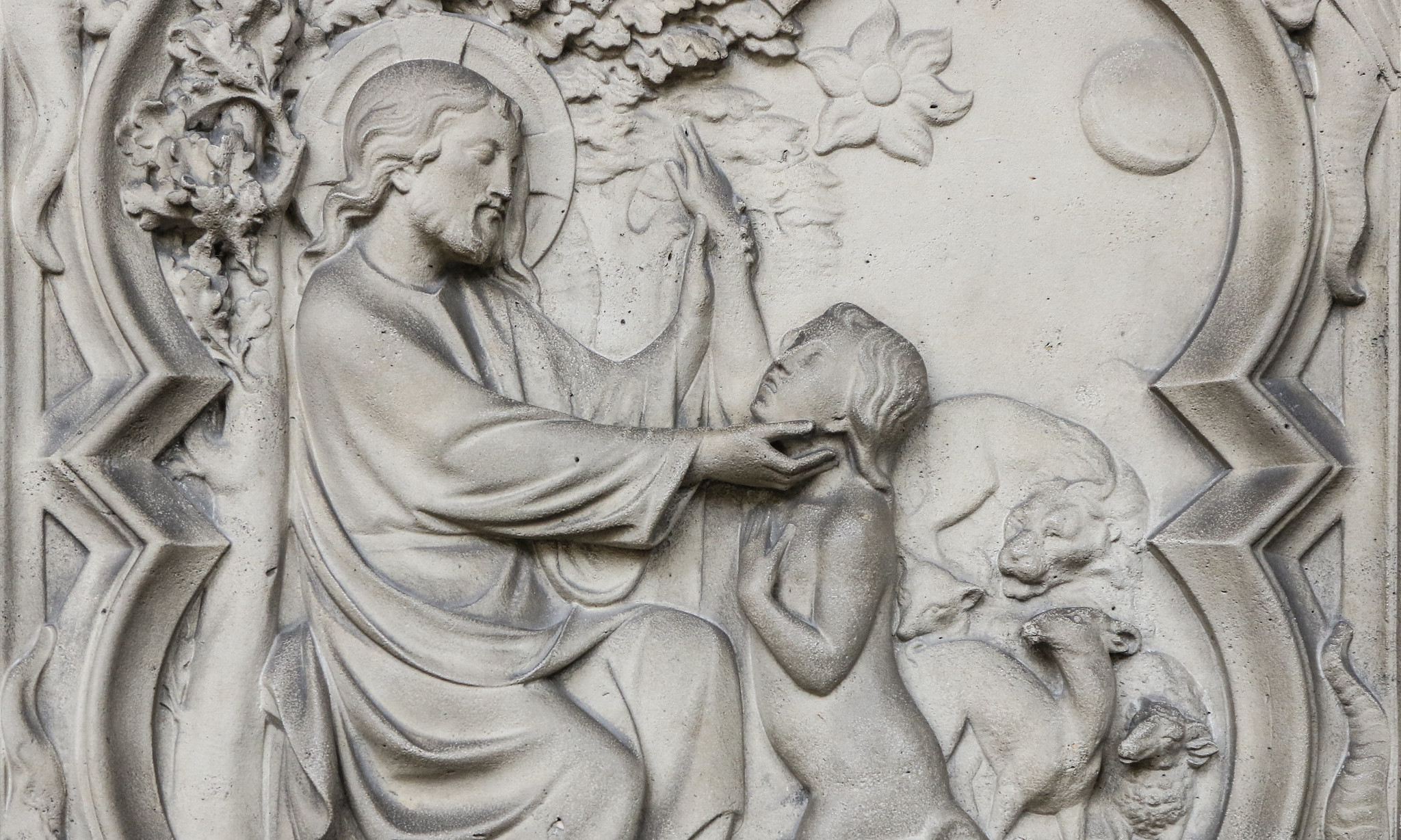But God, who is rich in mercy, because of the great love he had for us, even when we were dead in our transgressions, brought us to life with Christ (by grace you have been saved), raised us up with him, and seated us with him in the heavens in Christ Jesus, that in the ages to come he might show the immeasurable riches of his grace in his kindness to us in Christ Jesus. (Eph 2:4–7)
Sometimes, when we read various passages of scripture, we can speed through them because of their familiarity. One of the great benefits of reading commentaries is that they help us see what we might otherwise miss. They force us to slow down and analyze the passage in depth, sometimes even down to the individual word.
Even though the Summa Theologiae is the best known work of Saint Thomas, he also wrote extensive commentaries on scripture. In his commentary on Ephesians, we find a fascinating meditation on the nature of the Church and the dynamics of grace in the life of Christians. During his discussion of the verses cited above, St. Thomas tries to glimpse just how great God’s love for us is—what does “great” mean when it says God has “great love” for us? In order to elucidate the depths, the greatness, of God’s love, he points to four aspects of God’s love for us. They are worth considering in detail.
1. God’s love brought us into existence.
We easily get caught up in our own heads. This is, on one level, not surprising since the person we are around the most during the day is … well … ourselves. As such, it is difficult for us to imagine what the world would be like if “I never existed.” We can often, therefore, forget that before we were born, the world was. And even before that, God is. So, if we try to answer the question “why me? Why do I exist?” the only answer we can give is: “because God loved me into existence.” He is loving you to exist now. We are undergirded, supported, and held by love. For God loves all things that are (Wis 12:11).
2. God’s love made us able to know Him and love Him—able to share in God’s own life.
Being made in God’s image is not just a source of man’s dignity, it is also a sign of God’s love for us. Being made in the image of God means that we are able, through grace, to share in the happiness that God has in himself. The Trinitarian beatitude that is the three Divine Persons is offered to us. This offer is a manifestation of how much God loves us—he loves us so much, he wants to spend eternity with us.
3. God’s love renewed us after sin.
Not only are we first offered a great gift—God himself—but we are also re-offered it. Our refusal of the first offer was not a polite “no thank you.” Rather, it was a loud “Crucify him!” By this refusal, we locked ourselves into a single fate: eternal separation, despair, pain, and loneliness. But God’s love is so great, that even though we deserve death, he has renewed us, washed us clean, and again offered himself to us. And the fact that He does this, is a sign of his love.
4. God’s love gave us Christ.
It’s not just that God renewed us after sin that shows us God’s love. He also shows his love by the way in which he renewed us after sin. God didn’t need to make us. He didn’t need to give us the ability to share in his own life. He didn’t need to save us when we fell. In fact, it would have been just for him not to reach back out to us. But more than just offering us salvation, he has instituted an entire economy of grace by which he brings us back to himself. At the head of this supernatural flow of grace stands Jesus Christ, the God-Man. He who is both the author of our salvation and the perfect sacrifice for sins, gives himself to us and for us. We only give ourselves to those whom we love—and Christ gave his very life.
So as you continue through today, remember:
God loves you greatly.
✠
Photo by Fr. Lawrence Lew, O.P. (used with permission







